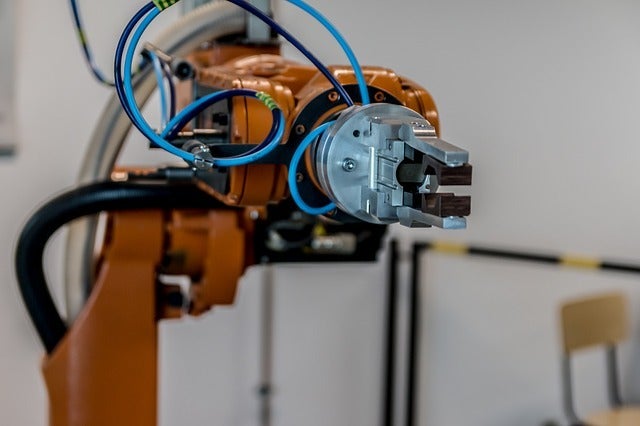
Titan Medical, a medical device company focused on the design, development and commercialization of a robotic surgical system for application in minimally invasive surgery (“MIS”), announces that the human factors evaluation (“HFE”) required to support its planned Investigational Device Exemption (“IDE”) filing with the U.S. Food and Drug Administration (“FDA”) was completed successfully and received a highly favorable assessment from the surgeon investigators.
Commenting on the HFE, Arnold Advincula, M.D., Vice-Chair of Women’s Health & Chief of Gynecology at the Sloane Hospital for Women, Columbia University Medical Center/New York Presbyterian Hospital, and the Company’s Medical Advisor on Clinical Education and Hospital Economics, said, “It was exciting to see the latest improvements with the system during my recent participation in the summative human factors studies. For any novel surgical approach to gain a strong foothold in gynecology and other surgical specialties, the system must be user-friendly without compromising technical efficacy and surgical experience.
“During the summative studies, the procedural workflow that highlighted a simple yet sophisticated design approach of the system without reinventing the wheel, was easy to learn for myself and my surgical team. The streamlined design of the system made surgical assisting seamless and safe,” he added. “I was particularly impressed with innovative features like a dual-view camera system consisting of a flexible 3D high-definition camera along with an integrated 2D high-definition camera, and insightful overlays providing valuable spatial information for the multi-articulating instruments. These features are vital for simplifying single-port robotic surgery for the surgical community predominantly familiar with multi-port approaches. I remain enthusiastic with all the progress I am seeing toward making single-incision robotic surgery a reality that will become a standard part of our minimal access surgical armamentarium.”
In addition, based on a reassessment of ongoing preparations for the IDE filing and planned human confirmatory studies, and to optimize resources while maintaining its goal for best-in-class product quality and reliability, the Company is in the process of revising its product development and regulatory timeline. Titan now expects to file and receive FDA approval for its IDE submission during the fourth quarter of 2019, and to file its 510(k) application with the FDA during the first half of 2020, compared with previous published projections which included filing the application by year-end 2019.
David McNally, Titan’s chief executive officer, added, “We have now successfully completed all GLP and HFE studies, which have further demonstrated our single-port system’s best in-class potential. Having achieved the expected results, we are compiling the associated reports from independent experts in preparation for our IDE submission with the FDA to begin human studies. In addition, we have engaged a top contract research organization to manage our human studies. We will now take additional time to perfect our system and implement all planned system and sterile instrument interface components, software enhancements and training tools, in order not only to further de-risk our IDE studies, but also to introduce a more refined product in the marketplace. This more measured development schedule will allow us to better manage workflow and associated payments to our contractors, resulting in a reduction of our anticipated third quarter cash burn and a smoother overall quarterly cash burn through to the filing of our 510(k). By extending our resources and milestones, we can ensure the highest likelihood of success for our single-port robotic system from clinical, regulatory and commercial perspectives, and enable a robust and careful examination of our future funding options, which may include strategic sources.”
Chad Zaring, Titan’s chief commercial officer, commented, “In the short time I have worked at Titan Medical I have become ever more excited about the potential for our single-port robotic surgical system, once it is fully developed, to compete successfully in a very large market. I have already met with a number of experienced robotic surgeons and hospital administrators, and based on their feedback I believe the single-port market has the potential to develop rapidly. I also believe Titan Medical can deliver a product with differentiated features of value to the surgeons who utilize it, ultimately benefitting their patients.”
Source: Company Press Release






